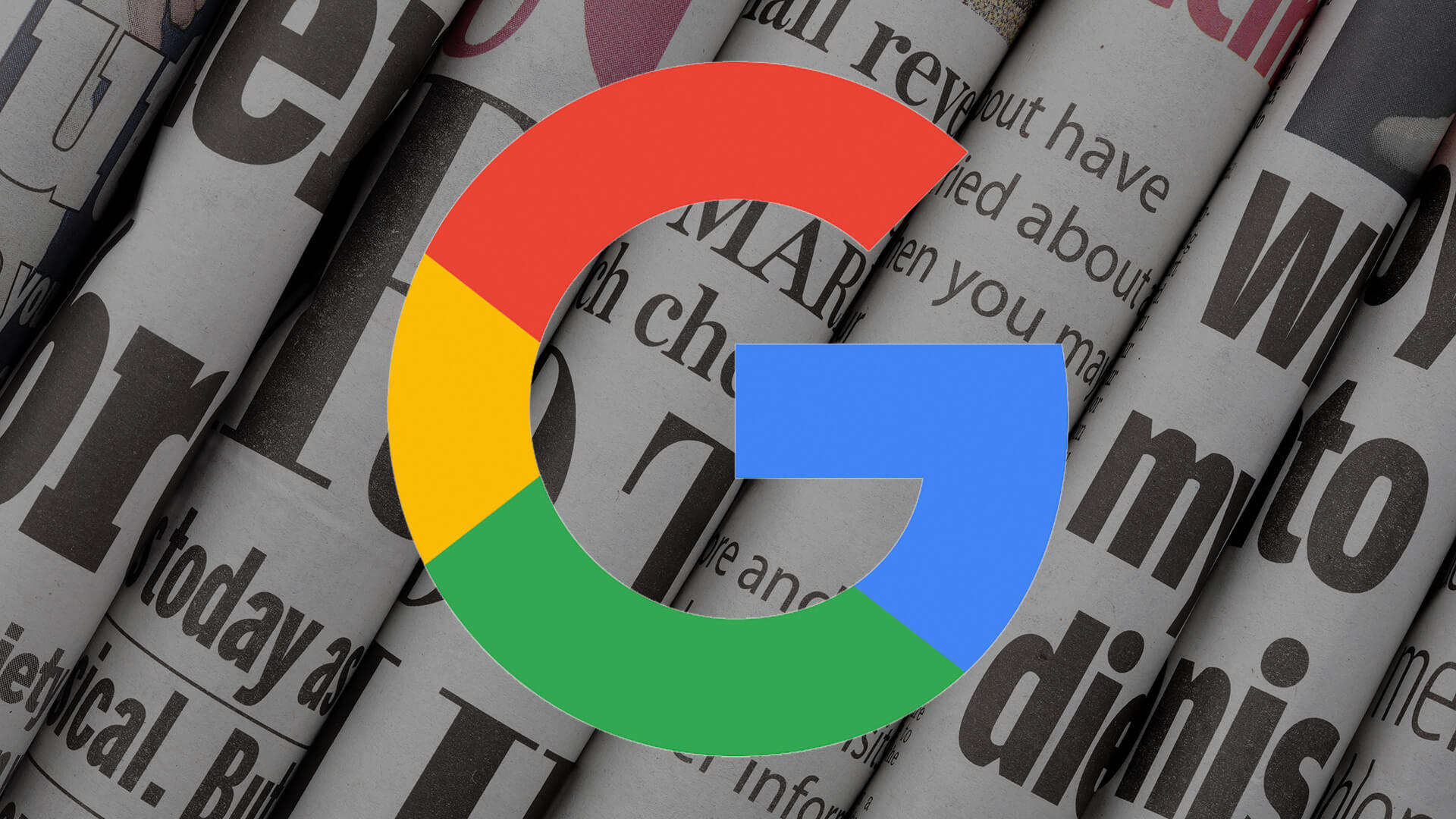Google has Adjusted Search Rankings to Reward Original News Reporting
A new article on Search Engine Journal reports that Google is assigning more importance to the quality of news reporting contained in news stories when ranking results.
The aim here seems to be putting original, informative, and accurate journalism under the noses of internet users. An article which is merely a re-churn of original content on a more prominently accepted news site won’t be ranked as highly as the source piece.
That’s not all, because Google says it will endeavour to maintain the presence of original, high-quality articles for longer periods within search results – making them easier to find for users, for longer.
“While we typically show the latest and most comprehensive version of a story in news results, we’ve made changes to our products globally to highlight articles that we identify as significant original reporting. Such articles may stay in a highly visible position longer. This prominence allows users to view the original reporting while also looking at more recent articles alongside it.”

This isn’t a stand-alone move from Google, as we all know. We’ve been observing a definite change of direction in terms of their focus on original reporting in recent months. Changes to its search quality rater guidelines and now public statements are a clear signal that Google intends to make internet news reporting a lot better.
I think this is ultimately a great thing. If you’re a user, ranking news content in this fashion is merely going to make quality, accurate coverage about important events easier to find – theoretically. For publishers of quality news, changing the ranking system to reward excellent news coverage and reporting will only make good publishers stronger, and bad journalism weaker. There’s going to be more viewers of good journalism and therefore more ad revenue. But, like I say, that’s in theory.
It will be interesting to see how Google ends up defining the terms which dictate what good and bad reporting is. Originality is also notoriously difficult to gauge, and there just isn’t an accepted standard for that. As Google put it:
“It can mean different things to different newsrooms and publishers at different times, so our efforts will constantly evolve as we work to understand the life cycle of a story.”
It's easy to sympathize with Google because the difficulty of continually ranking news reporting for quality, reliability and originality is very real. How do you rank the efforts of several quality outlets on a widely covered story, for instance? And, working out who broke the story might be even more difficult in a fast-paced news environment. I’d be interested in getting the views of users on here – when you look at the news, do you care which outlet broke a story first? Or, do you prioritize the quality of the coverage? I think news evolves, stories certainly do. Sometimes, the tortoise wins the race and rushing to cover something first doesn’t necessarily equate to great journalism.
In terms of implementing these changes – they’ve already happened, and Google is presumably working it all out as it goes forward. I’m kind of intrigued by Google’s changed attitude to news and reporting. This will unfold further, and it’s going to be interesting in the extreme to see if Google can get anywhere near right with it.

